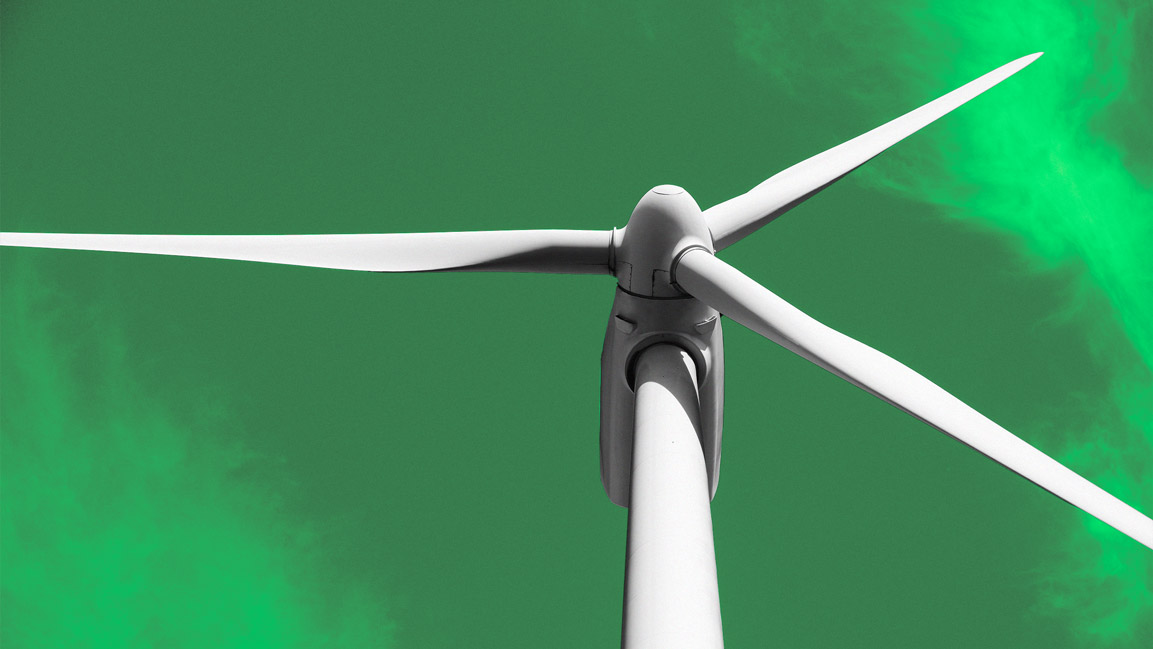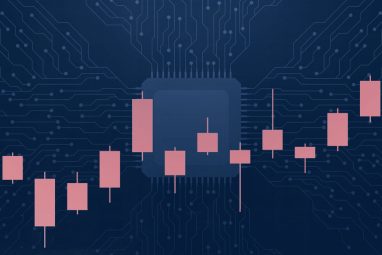Guterres Urges Big Tech to Run AI on Green Energy by 2030
The UN Secretary-General urged Big Tech to commit to fully renewable-powered AI data centers by 2030, warning that rising energy demands could derail climate goals and calling for faster, fairer clean energy adoption
News
- Adani Power Sets Up Nuclear Subsidiary
- Musk Unveils xAI Overhaul, Lunar AI Ambitions
- Former GitHub CEO Dohmke Raises $60 Million to Build AI Code Infrastructure
- Leadership Shakeup Deepens at xAI as Two Co Founders Exit
- India Slashes Social Media Takedown Window to Three Hours
- Cisco Moves to Relieve AI Data Center Gridlock With New Chip

Major technology companies must ensure that all their data centers—the backbone of artificial intelligence systems—run entirely on renewable energy by 2030, United Nations Secretary-General António Guterres said Tuesday, warning that unchecked energy demands from AI could undermine global climate goals.
“AI can boost efficiency, innovation, and resilience in energy systems, but it is also energy-hungry,” Guterres said in New York as he unveiled the UN’s latest energy transition report, Seizing the Moment of Opportunity, in partnership with the International Renewable Energy Agency.
His prepared remarks, titled A Moment of Opportunity Supercharging the Clean Energy Age, framed the current juncture as a defining choice for industry and governments alike.
Guterres cited estimates showing that a single large data center can consume as much electricity as 100,000 homes, with the largest expected to use 20 times more.
By 2030, global data center electricity demand could match Japan’s current national power consumption, he warned.
“The future is being built in the cloud,” Guterres said. “It must be powered by the sun, the wind, and the promise of a better world.”
Calling the end of the fossil fuel era inevitable, Guterres said the world now stands “on the cusp of a clean energy age” driven by falling costs and record investment in renewables.
Last year, global clean energy investment reached $2 trillion, or about $800 billion more than fossil fuel investment, while solar and wind cut emissions by an amount equal to the European Union’s annual output.
“This is not just a shift in power, it’s a shift in possibility,” he said. “The clean energy future is no longer a promise. It’s a fact. No government, no industry, no special interest can stop it.”
Still, Guterres warned that progress is too slow and uneven.
“The transition is not happening fast enough or fairly enough,” he said, noting that developing nations, particularly in Africa, remain underfunded despite their vast renewable potential.
He called on advanced economies to lead by example ahead of the COP30 climate summit this November in Brazil, submitting updated national plans aligned with the 1.5°C target, doubling energy efficiency, tripling renewable capacity, and ending fossil fuel subsidies.
Guterres also outlined six priority actions for a just and accelerated transition, ranging from expanding grids and storage to reforming trade and finance to make clean energy investments more accessible.
He emphasized the importance of ensuring that workers and communities benefit from the transition and that extractive industry injustices are not repeated in developing regions.
“The fossil fuel age is flailing and failing,” Guterres concluded. “We are in the dawn of a new energy era, where cheap, clean, abundant energy powers a world rich in economic opportunity. That world is within reach. But it won’t happen on its own. Not fast enough. Not fair enough. It is up to us.”






